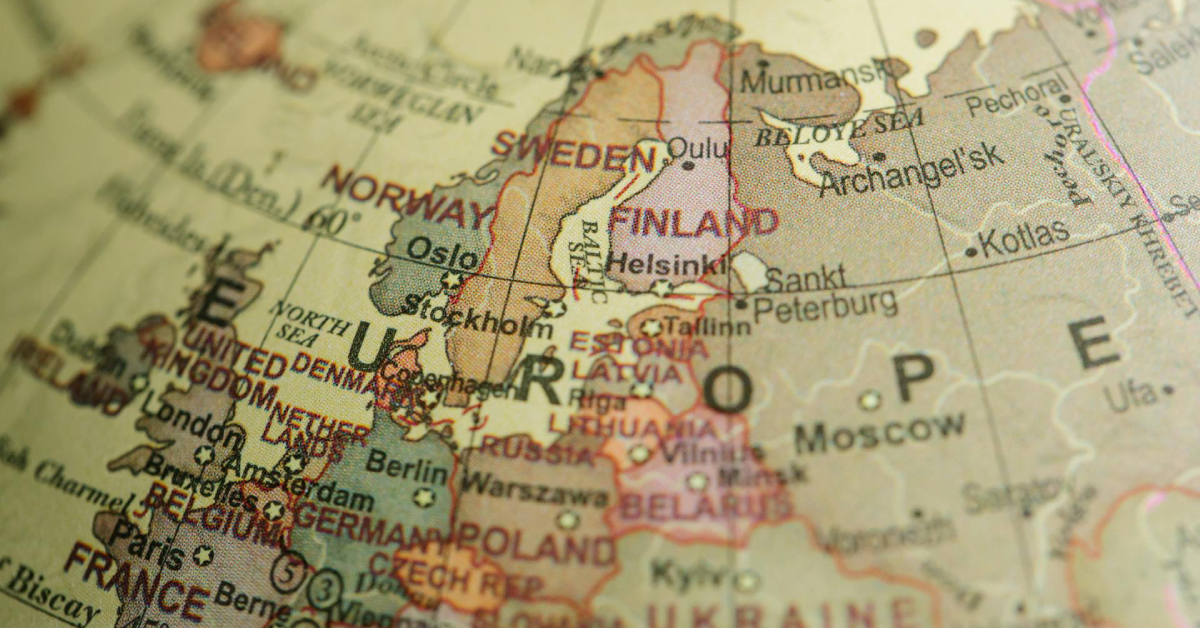Europe is a continent rich in culture, history, and languages. While most European nations boast their unique languages, a few stand out for not having a distinct native tongue that is solely their own which is often refer as the European countries without their own language.
These countries either use widely spoken international languages or share a linguistic identity with neighboring nations. This article explores the intriguing concept of European countries without their own language, delving into their histories, cultural nuances, and linguistic landscapes.
 A national language typically represents a country’s identity and heritage. However, some nations lack a unique language due to historical, cultural, or political reasons.
A national language typically represents a country’s identity and heritage. However, some nations lack a unique language due to historical, cultural, or political reasons.These nations adopt other languages for governance, education, and daily communication. This phenomenon often results from colonization, shared cultural ties, or strategic decisions to align with global communication standards.
European Countries Without Their Own Language
1. Luxembourg
Luxembourg is a multilingual country that does not have a single, distinct national language. Instead, it recognizes three official languages: Luxembourgish, French, and German. While Luxembourgish is widely spoken, it is closely related to German and shares similarities with regional dialects in neighboring countries. The adoption of multiple languages reflects Luxembourg’s history of being influenced by larger neighboring powers.
2. Liechtenstein
Liechtenstein, a small European principality, uses German as its official language. The country lacks a unique language of its own, as German serves as the primary medium for communication, education, and government. This is largely due to its cultural and historical ties to Germany and Austria.
3. Andorra
Andorra is a fascinating case among European countries without their own language. The official language of Andorra is Catalan, which is shared with Catalonia, a region in Spain. Despite being an independent nation, Andorra does not have a distinct language, relying on Catalan as a marker of its identity.
4. San Marino
San Marino, one of the world’s oldest republics, uses Italian as its official language. Though an independent state, San Marino does not have a language unique to its borders. This is a direct result of its geographical and cultural proximity to Italy.
5. Monaco
Monaco, renowned for its luxury and wealth, also lacks a distinct native language. French is the official language of Monaco, reflecting its strong historical ties to France. However, Italian and English are also commonly spoken due to the country’s international influence.
6. Vatican City
The Vatican City is unique in many ways, including its linguistic setup. Latin, a classical language, is its official language, but it is primarily used for religious purposes. Italian serves as the main language for communication and administration, highlighting its dependence on Italy for cultural and linguistic influences.
Why Do These Countries Lack Their Own Language?
Several factors contribute to the absence of a unique national language:
- Historical Influence: Many of these nations have been under the influence of larger neighbors, adopting their languages for practical purposes.
- Size and Population: Smaller nations often align linguistically with neighboring countries to facilitate trade, diplomacy, and cultural exchange.
- Globalization: Embracing widely spoken languages like French, German, or Italian allows these countries to maintain relevance on an international scale.
- Geopolitical Factors: Historical events, such as unions and treaties, often shape the linguistic identities of smaller nations.
Cultural Impact of Shared Languages
Although these countries lack a unique language, their cultures remain distinct. Shared languages allow them to participate in a broader linguistic and cultural community while retaining their identities. For example:
Luxembourg’s Multilingualism: The coexistence of Luxembourgish, French, and German enriches the country’s cultural fabric.
Andorra’s Catalan Identity: While Andorra shares Catalan with Spain, it has preserved its own cultural traditions and independence.
Benefits of Adopting Another Language
- Global Integration: Using a widely spoken language enhances international communication.
- Economic Growth: Facilitating trade and tourism is easier with a recognized language.
- Educational Advantages: Citizens benefit from access to international academic resources.
Challenges Faced by These Nations
While adopting a shared language offers benefits, it also presents challenges:
- Loss of Unique Identity: The absence of a distinct language can blur national identity.
- Dependence on Neighbors: Relying on another country’s language may lead to cultural overshadowing.
- Language Preservation Efforts: Smaller nations often struggle to promote and preserve lesser-used dialects.
The Future of Languages in These Countries
European countries without their own language have found ways to thrive culturally and economically. However, there is a growing focus on preserving linguistic diversity. Governments and organizations in these nations are investing in language education, promoting regional dialects, and fostering cultural pride.
The linguistic landscape of Europe is as diverse as its geography. European countries without their own language may not possess a unique tongue, but they exemplify the power of cultural adaptation and resilience. By embracing shared languages, these nations bridge cultural divides and contribute to a more interconnected world.
The concept of European countries without their own language continues to intrigue linguists, historians, and travelers alike. These nations stand as testaments to the rich and complex history of Europe, where language serves as both a tool of communication and a symbol of identity.
